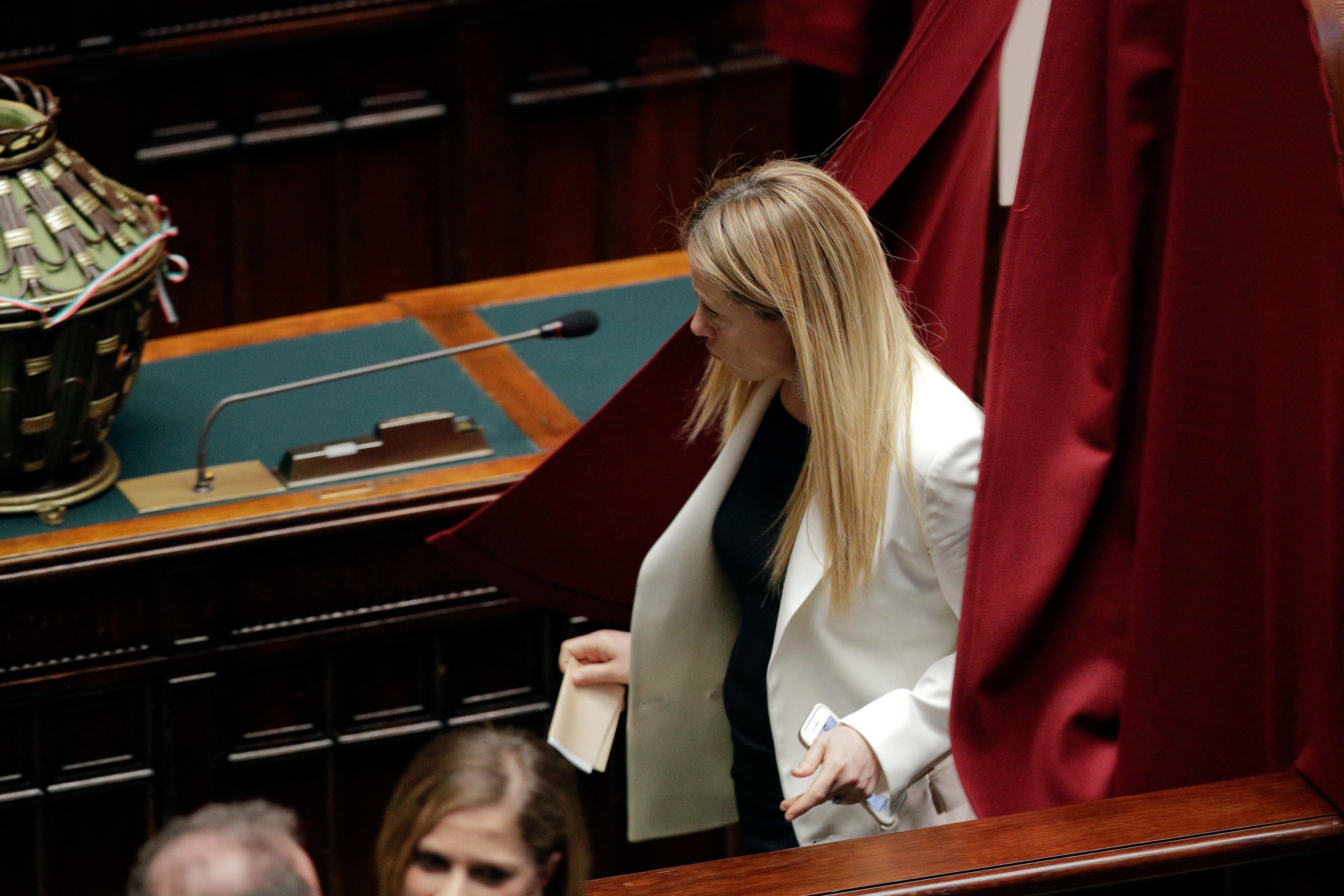
A politician in Giorgia Meloni’s nationalist Brothers of Italy party – known for furnishing his home with his vast collection of fascist relics – has been elected speaker of the upper house Senate.
In one of the party’s first steps towards forming a government after winning last month’s election, Ignazio La Russa clinched the necessary majority in the Senate vote on Thursday, despite a revolt within the right-wing coalition, which includes Matteo Salvini’s far-right League and Silvio Berlusconi’s Forza Italia, that won last month’s general election.
It is one of the most important positions in Italian politics.
The Brothers of Italy party has its origins in a neo-fascist movement and critics say it threatens to be the most right-wing government in western Europe in decades.
La Russa shot to notoriety several years ago after clips of him emerged on social media exhibiting his fascist memorabilia, which included a medal and a statue of fascist dictator Benito Mussolini.
Filmed in 2018, La Russa is heard saying in the video: “There’s even a communist symbol, but we put it beneath the feet [of the Mussolini statue].”
His election comes despite members of Silvio Berlusconi’s conservative Forza Italia party boycotting the ballot to protest over the cabinet seats they have been offered in the forthcoming government.
In theory, La Russa should not have been able to win without the support of Forza Italia senators, but in the end he got 116 votes, lifting him well above the required 104-vote majority.
It was not immediately clear which opposition politicians had backed him in the secret ballot.
The right-wing alliance easily won the 25 September election and has promised to bring political stability to the country.
The vote came during the first session of the new parliament and symbolically was overseen by a Holocaust survivor.
Liliana Segre, a 92-year-old senator-for-life, opened the session in the upper chamber with a speech that recalled a grim period in Italy’s past.
Speaking to the Senate, Segre marvelled at the “symbolic value” of the coincidence of her role and the historic moment that Italy is witnessing.
She noted that she was presiding over the Senate as Italy soon marks the 100th anniversary of the March on Rome, which brought Mussolini to power.
“Today, I am particularly moved by the role that fate holds for me,” Segre told the hushed chamber.

She was one of the few Italian children who survived deportation to a Nazi death camp, and she has spent recent decades teaching Italian schoolchildren about the Holocaust.
“It is impossible for me not to feel a kind of vertigo, remembering that that same little girl who on a day like this in 1938, disconsolate and lost, was forced by the racist laws to leave her primary school bench empty,” she said.
“And that, by some strange fate, that same girl today finds herself on the most prestigious bench, in the Senate.”
With agencies







